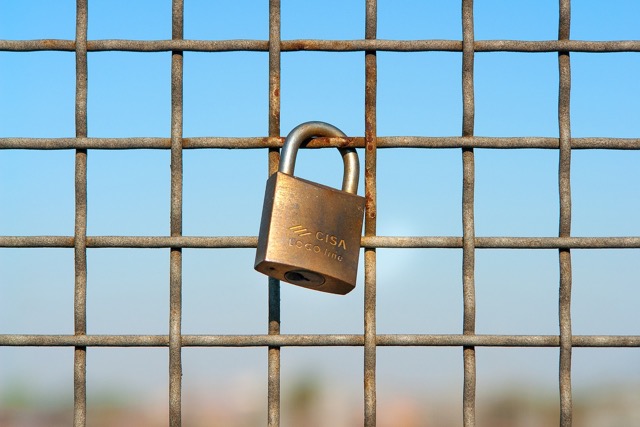Guilford County’s jails are, by their very nature, always locked up – however, now, with the threat of the novel coronavirus, they’re becoming even more locked up.
Beginning on Friday, March 13, all visitation for inmates in the two county jails will be suspended until further notice.
Attorneys who represent inmates will still be permitted access to their clients in the jails. Telephone contact between the inmates and their families and friends on the outside will continue as well.
The Guilford County Sheriff’s Department is making that change, as well as a host of others, in an attempt to prevent the virus from striking the inmate population – which is extremely vulnerable since those inmates are held close together in a confined space, and many are in poor health.
In addition, beginning on March 13, everyone entering the jails in Greensboro and High Point – including Sheriff’s Department employees – will have their temperatures checked before being allowed inside. Anyone with a temperature of 100.8 degrees or more won’t be allowed in and will be asked not to return for at least fourteen days.
As an additional precaution, all volunteer services at both Guilford County detention centers will also be suspended until further notice.
At this time, there have been no reported cases of any inmates or employees having contracted the virus at either of the jails, but department officials say they want to keep it that way, so last week the department implemented a number of precautionary procedures at both jails.
Guilford County Sheriff’s Attorney Jim Secor explained some of the other changes being made in order to protect the county’s inmates and those who work in the jails.
Like most places, they are stressing good hand hygiene for employees, detainees and visitors, and they’re encouraging workers to stay home if they have symptoms of the virus. They’ve also begun using telecommunication whenever possible.
Department officials are also making sure the jail is thoroughly scrubbed down.
“At this point we are continuing our routine cleaning and disinfecting,” Secor wrote. “Restrooms are being cleaned twice a day. We are using chemicals recommended by the EPA to combat the virus. In addition to normal cleaning, we have begun spraying the entire facility once per week and high traffic areas twice per week. The spraying is done using electrostatic sprayers. These sprayers give an electrostatic charge to the chemicals, which make the chemical adhere to vertical surfaces and not run or drip.”

